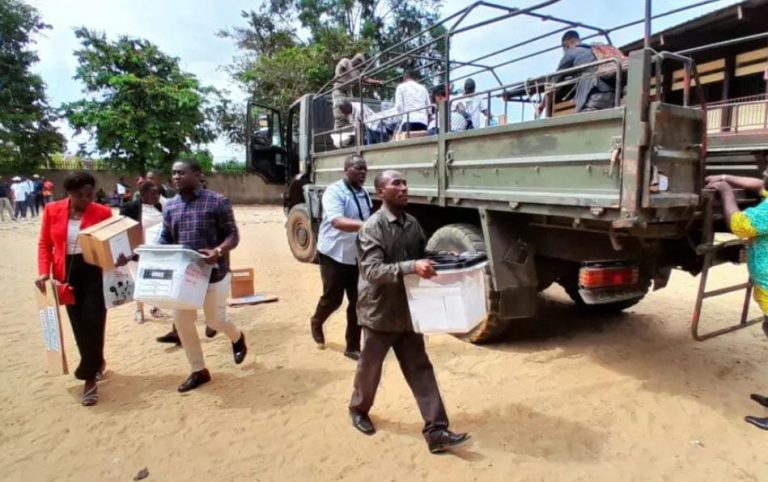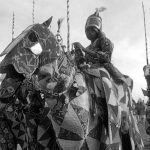New Electoral Reforms in Gabon
Gabon is currently undergoing a critical transitional phase following a military coup that ousted the previous regime, plunging the country into significant political and economic challenges. In this new chapter, the transitional authorities are striving to establish a democratic political system that guarantees citizens’ rights and freedoms and fosters development prospects. To achieve this goal, the authorities have implemented a series of constitutional and legal reforms aimed at modernizing the political system and rebuilding state institutions.
One of the most notable reforms is the new electoral law, which focuses on enhancing transparency and integrity in the electoral process, aiming to ensure fair representation for all segments of society. Among the most significant amendments to this law is allowing Gabonese citizens residing abroad to participate in elections, as well as granting dual nationals the right to run for office. These reforms reflect the transitional government’s commitment to expanding political participation and promoting democracy.
However, despite these positive changes, the path to building a democratic state remains fraught with challenges. One of the most significant challenges is allowing military personnel and judges to run for office, which raises concerns about the influence of these institutions on the political process. Some argue that the presence of the military and judiciary in the political arena could open the door to their interference in political affairs, threatening the stability of the emerging democratic system.
Furthermore, there are concerns that foreign interference, whether from regional or international powers, could impact the course of the democratic transition in the country. Such interference could come under various pretexts, such as ensuring stability or protecting strategic interests, and could undermine Gabon’s efforts to build an independent and democratic political system.
As for the future outlook, there are many questions about Gabon’s ability to overcome these challenges and build a stable political system. Success in this endeavor depends on several key factors, including the political will of the country’s leaders to implement genuine reforms, the support of the Gabonese people for these reforms and their aspirations for a better future, and the role of the international and regional community in supporting this transitional process, whether through providing technical assistance or by exerting pressure to ensure respect for democratic principles.
Despite the significant challenges facing Gabon, there is hope that the country can build a democratic and stable state. The most important question remains whether Gabon will be able to establish the foundations of a political system that balances democratic stability with economic development and ensures a better future for its people.
N.A
-

U.S. Approves $346 Million Weapons Sale to Boost Nigeria’s Counter-Terrorism Efforts
Edited By : Aminata Diallo The United States has authorized the sale of $346 million worth of munitions, bombs, and precision... Fight against extremism and terrorism -

United States Reviews Possibility of Designating Muslim Brotherhood as a Terrorist Organization
Edited By: Africa Eye U.S. Secretary of State Marco Rubio announced that the Trump's administration is actively considering steps to classify... Chosen for you -

Morocco Pursues F-35 Acquisition Amid North African Defense Realignments
Edited by: Fatimatou babdinMorocco is advancing its plan to acquire 32 Lockheed Martin F-35 Lightning II fighter jets, a move... Africa -

Niger Lawyers Stage Two-Day Strike to Protest Dissolution of Justice Unions
Edited By: Africa Eye ( With AFP) The Niger Bar Association has declared a two-day work stoppage on Thursday and Friday... Human Rights -

South Africa Slams US Human Rights Report as “Deeply Flawed”
Edited By: Widad WAHBI The South African government has sharply criticized a recent US State Department report, calling it “inaccurate and... International Diplomacy -

South Africa: Automotive Industry Faces Challenges Amid Low Local Sales and Rising Imports
Edited By: Safae FathiSouth Africa’s automotive industry faces mounting pressure as low domestic sales, a surge in imports, and stagnant... Economy

 Follow the latest news on WhatsApp
Follow the latest news on WhatsApp  Follow the latest news on Telegram
Follow the latest news on Telegram  Follow the latest news on Google News
Follow the latest news on Google News  Follow the latest news on Nabd
Follow the latest news on Nabd 


















